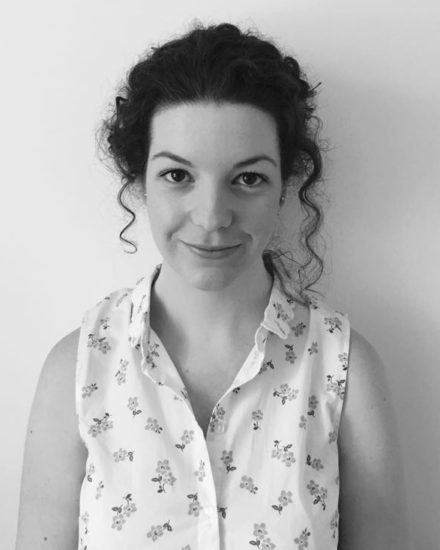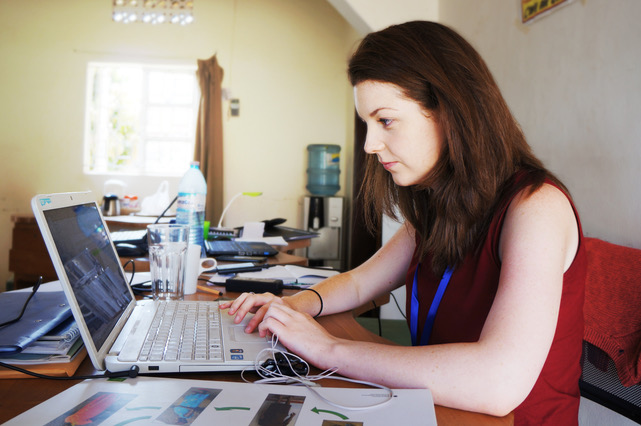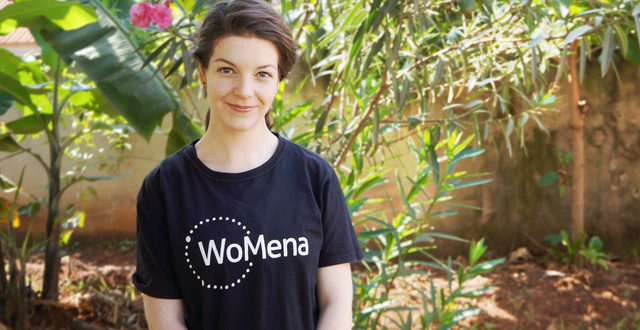Meet the team – Alex Farley
For this installment of Meet the team, we have spoken to Alex Farley, Research and Project Management Officer with WoMena Uganda. Alex did her undergraduate in History and has an MSc in African Development.
 How did you become involved in WoMena?
How did you become involved in WoMena?
I started working with WoMena Uganda in July 2018 having been immediately drawn to the research opportunity. The combination of a research-based role alongside that of project management seemed like the perfect match for my skill set in a similar way that working with SRH (Sexual and Reproductive Health) within a refugee context is an amazing opportunity for my career interests.
What in the work and the mission attracted you to join WoMena?
I have for a while followed the work that WoMena does from other roles within the menstrual health field and have always been impressed by their attempt to bridge the gap between innovation and implementation with research. I feel that many of WoMena’s principles and approaches to development align with my own, for example, the desire to include men in menstrual health programming and push to provide choices to women in relation to their menstrual health needs.
Which tasks are you performing in WoMena?
I work specifically on our Humanitarian Innovation Fund project. The project is a feasibility study which seeks to produce technical guidelines regarding the feasibility of scaling reusable menstrual products within humanitarian contexts. As such I handle project management tasks and research aspects, including research tool design and when needed the adaptation of our tools to a humanitarian context.
What is the most rewarding part of working with WoMena?
I find it highly rewarding to see the conversation and mindset changes that occur when people talk about taboo topics such as menstruation and women’s sexual reproductive health more broadly. Opening up discussions related to the challenges women have as part of their experience as refugees has provided me with invaluable insight which I am fortunate to be able to apply in my work.

What are some of the more challenging parts?
Working in a refugee setting can bring many challenges often due to the fast-changing nature of the environment and its heterogeneity. The cultural and linguistic diversity of the groups that we work with provides both challenges and opportunities to keep learning and adapting WoMena’s approach in different contexts.
What are some of your most memorable moments working in WoMena?
Some of my most memorable moments with WoMena have been attending community facilitator trainings. I really like WoMena’s interactive approach to training local communities and the ways in which both men and women are given the opportunity to engage. Hearing the stories of refugee women’s experiences and adaptions to managing their menstruation has been a privilege of attending such trainings and working with WoMena.
What skills do you think you have acquired while being with WoMena?
This position has provided me with the opportunity to extensively develop both my research and project management skills. I have learnt a lot working on this team about research practice and study design as well as about the flexibility of project management in such diverse environments.
Read Alex’s blog posts about the importance of language in menstrual health education and programming and about the challenges and opportunities of menstrual health in Ugandan refugee settlements.

